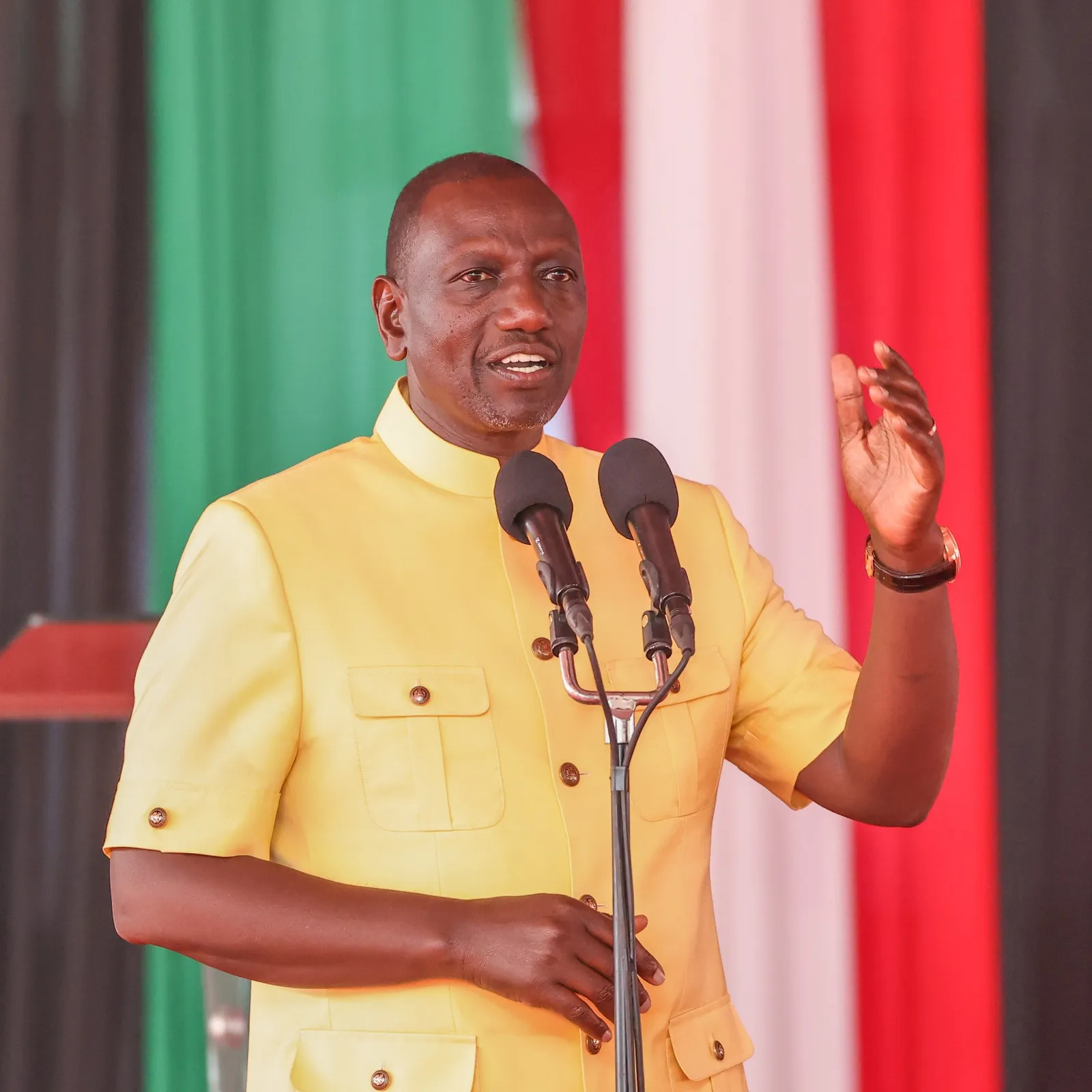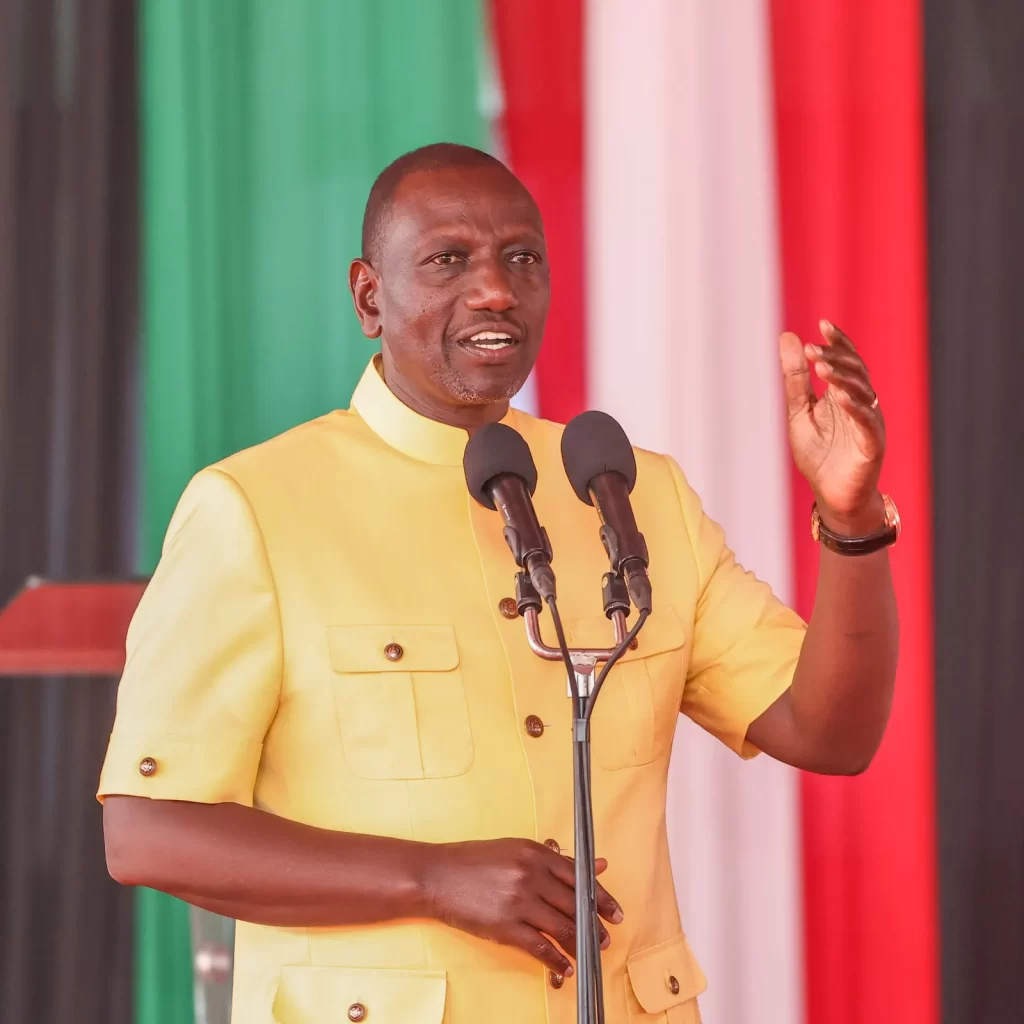
President William Ruto of Kenya announced on Sunday that Kenyan police are set to deploy to Haiti to suppress gang violence, likely within the next few weeks. This move comes despite legal obstacles that have caused delays in the mission.
Positioning itself as a pivotal player, Kenya eyes spearheading a UN-sanctioned endeavor to stabilize the Caribbean state, marred by a tumultuous blend of violence, destitution, and political turbulence.
Plans are underway for Kenya to dispatch a contingent of 1,000 officers as part of a multinational effort, joining hands with representatives from various nations in the upcoming mission.
In his address during a visit to central Kenya on Sunday, Ruto expressed, “The people of Haiti are perhaps waiting, by the grace of God, for our police officers to restore peace, hopefully by next week or the following week.”
While a UN Security Council resolution in October granted approval for the mission, a Kenyan court’s ruling in January caused a delay, citing the government’s lack of authority to deploy officers abroad without prior agreement.
After securing the necessary agreement on March 1st, Ruto indicated to the BBC last month that Kenya anticipates sending a police force to Haiti within a matter of weeks.
Despite progress, a fresh lawsuit from a minor opposition party in Kenya seeks to halt the mission. The country’s High Court is scheduled to review the case on June 12th.
In addition to Kenya, several other nations, including Benin, the Bahamas, Bangladesh, Barbados, and Chad, have signaled readiness to participate in the initiative.
However, Human Rights Watch, a global watchdog, has voiced apprehensions regarding rights issues associated with the mission, including uncertainties about funding.
Furthermore, rights advocates have leveled allegations against Kenyan police, citing instances of excessive force and unauthorized killings.


